Elizabeth Van Lew was a remarkable woman, abolitionist and spy who made significant contributions to the Union cause during the American Civil War. As an abolitionist, she was deeply opposed to slavery and worked to support the Union Army during the conflict. Elizabeth, the eldest child of Eliza Baker Van Lew and John Van Lew, a well-known Virginia merchant who ran a successful hardware store and had several slaves, was born on October 25, 1818 in Richmond, Virginia. Elizabeth went to a Quaker school in Philadelphia and returned home a vocal opponent of slavery. She was devastated by the pain slavery’s institution had inflicted.
Van Lew did not defect to the Confederacy after Virginia broke away from the Union in the spring of 1861. She believed that the secessionists were traitors and that she was a devoted Virginian. Throughout the Civil War, she backed the Union. When Ms. Van Lew started spying for the Union at the age of 43, she swiftly gathered a group of around a dozen collaborators, including black and white storekeepers, farmers, seamstresses, and slaves who were operating in plain sight for the North.
Van Lew was born into a wealthy family in Richmond, Virginia, and was well-educated and well-connected. She used these resources to support the Union cause and became known for her intelligence and resourcefulness as a spy. Van Lew worked with a network of other Union sympathizers and slaves to gather information about Confederate activities in the Richmond area. She passed this information along to Union commanders through coded messages, often at great personal risk.
Van Lew was blatantly pro-Union, and she visited captured Union soldiers at the notorious Libby Prison in Richmond, where her espionage got its start. Hundreds of malnourished, sick inmates were housed in the prison, which was notorious for its terrible circumstances and ruthless guards. Food and clothing were frequently provided to the prisoners by Van Lew and her operatives, who subsequently passed on important knowledge gleaned from their Confederate captors as well as from their own observations. With the aid of Erasmus Ross, a jail guard who supported the North and was close with Van Lew, she helped many of these guys escape. Ross would bring convicts to his office and threaten them with a big knife. If the detainees didn’t show up, it was assumed they had been slain. In truth, Van Lew’s agents sneaked the soldiers out of Richmond and directed them to Union lines after Ross helped them escape the prison and gave them Confederate clothing. Van Lew permitted a Confederate prison warden to reside in her home to allay any concerns that she was assisting Union inmates.
In addition to her work as a spy, Van Lew was also known for her humanitarian efforts. She used her wealth and social connections to help Union prisoners of war by providing them with food and other necessities. After the war, Van Lew continued to work for the Union cause, advocating for the rights of African Americans in the South. She died in 1900 at the age of 82, leaving behind a legacy of bravery, dedication, and service.
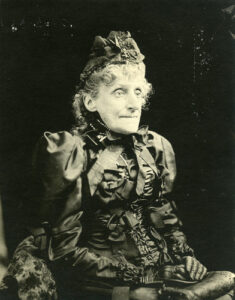

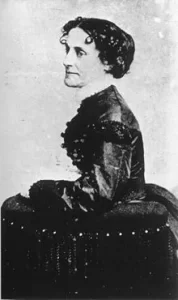
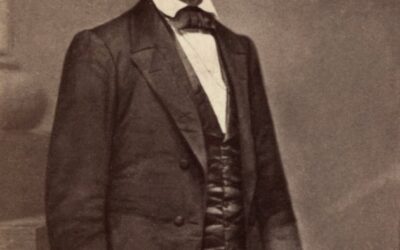
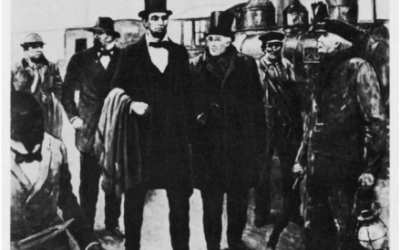
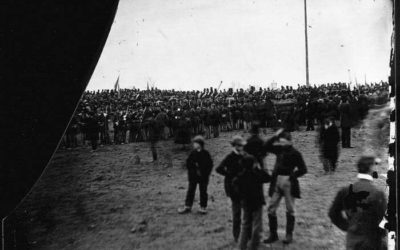
0 Comments